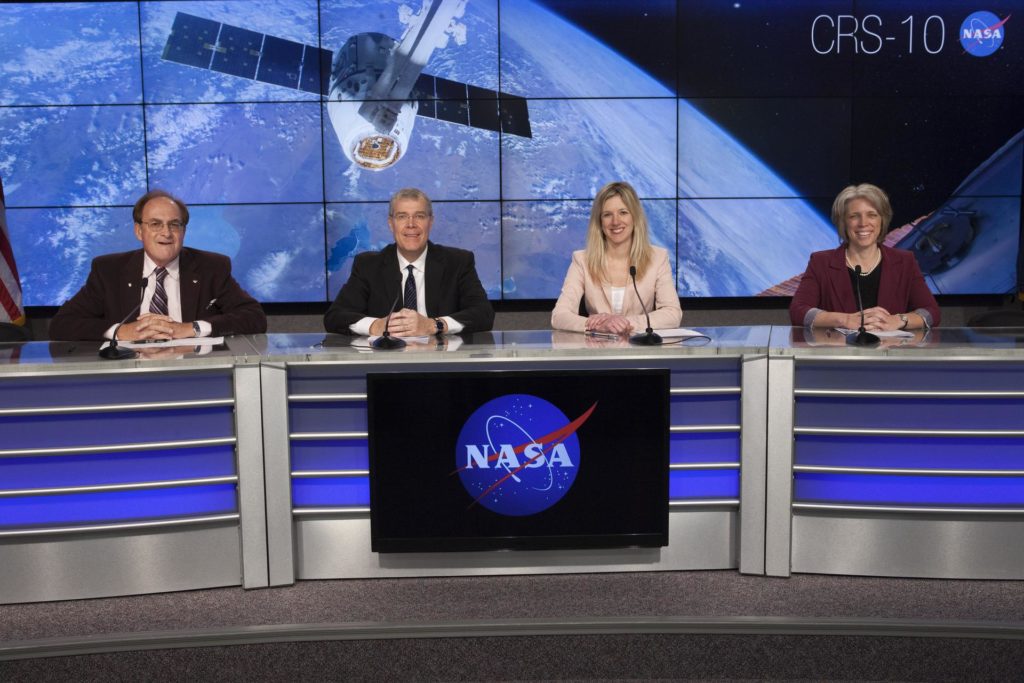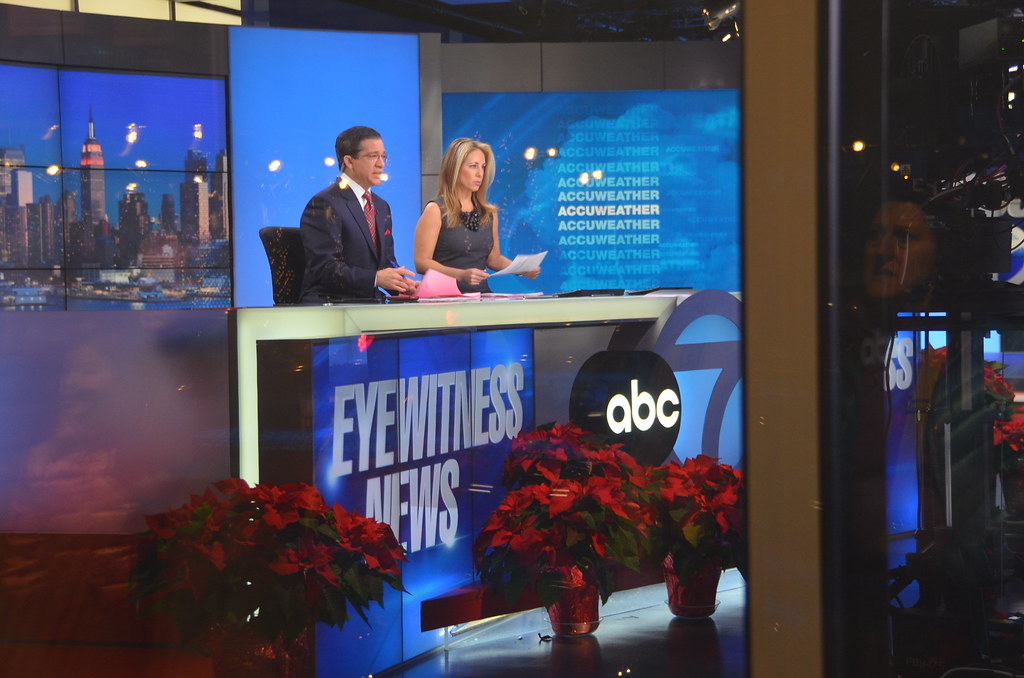
News stations are very important entities for modern society. They perform a surprising number of key roles. Their primary function is to inform the public on what is happening both in their own country and abroad. This will involve covering a plethora of subjects such as politics, business, foreign affairs and education. It is also common for these channels to give out weather forecasts and alerts.
Whilst this may seem like the only function of journalistic television there are several others. The online informative resource Wikipedia has many pages exploring the role of news companies. One of these is to educate the audience. Editorials are useful for explaining complex news stories in a way that average viewers can understand. Some news sites even offer school revision courses.
Sometimes facts can have multiple possible meanings. Reporters will collect pieces of information from multiple sources. The data that they obtain may be contradictory. Therefore news organisations occasionally have to interpret the facts and present them to the audience. This can mean that the story is biased or aimed at conveying a par ticular viewpoint. Therefore viewers need to be very careful when taking certain news stories at face value. They should consider what the ideological leanings of the station are. It is best to only consume news from places that have a track record of being unbiased and trustworthy.
ticular viewpoint. Therefore viewers need to be very careful when taking certain news stories at face value. They should consider what the ideological leanings of the station are. It is best to only consume news from places that have a track record of being unbiased and trustworthy.
Whilst these channels do focus on serious topics they will also balance out the tone by reading a number of lighter stories. Therefore another role of the news is to entertain. The less serious segments may be about celebrity gossip, fashion, movies or sports. Entertainment news serves to attain a wider audience.
During times of crisis news channels have a duty to spread awareness of important issues. For example, when the Covid pandemic hit it was the main job of these channels to inform the public about the ways they can prevent catching the virus. The UK government even utilised news organisations to broadcast live update conferences.
During elections these outlets tell viewers what the aims of each party and candidate are. Once again this a scenario where audience members need to be careful. If the channel has a political bias it can spread a distorted view of the candidates.